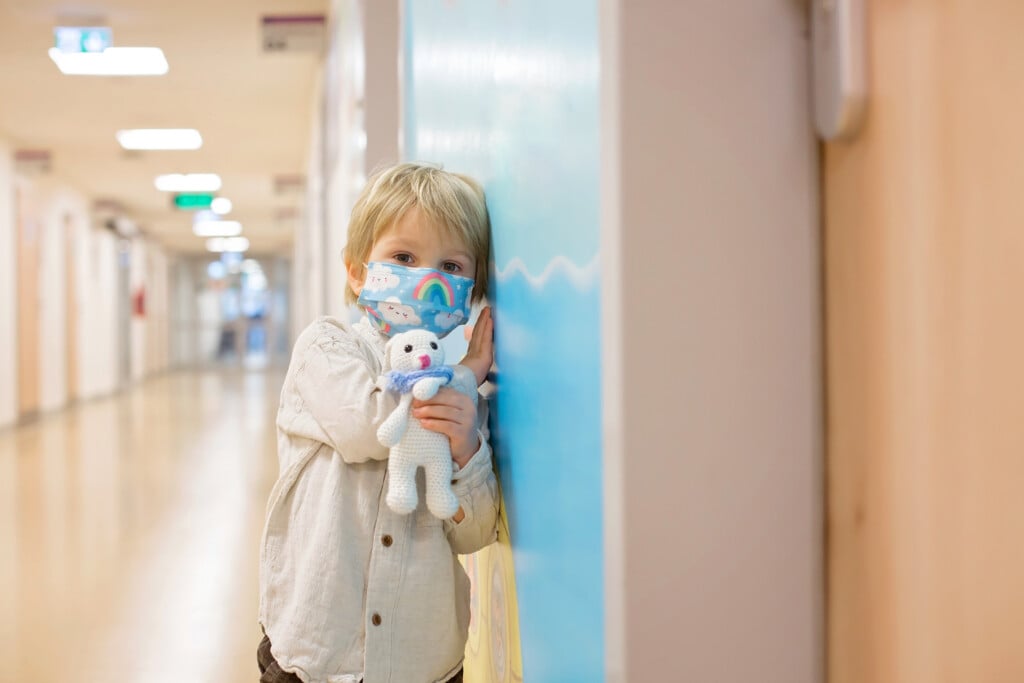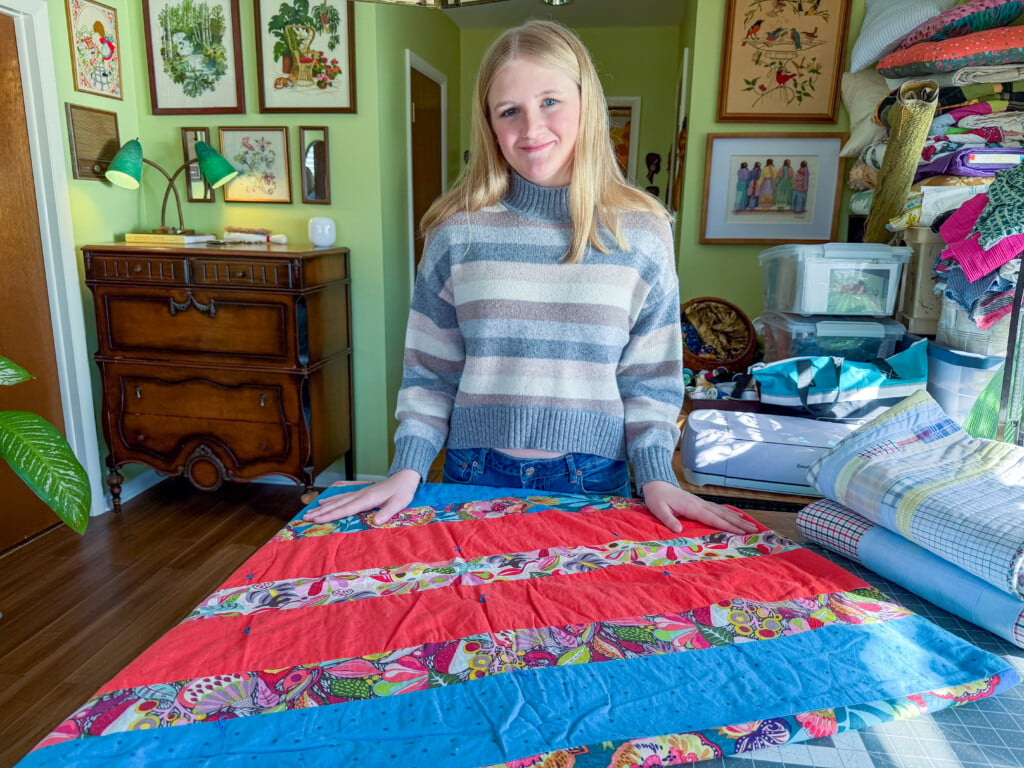Be SafeER: Emergency Room Insight for the Holiday Season
Advice from Tulsa ER & Hospital

Holiday revelry is top of mind for most people in the latter months of the year, and no one really wants to consider the possibility of ending up in the emergency room during a season of celebration. According to Mark Blubaugh, D.O., medical director of Tulsa ER and Hospital, prioritizing safety and wellness at the forefront of festivities will help to make everyone’s season brighter.
Respiratory diseases
Emergency rooms typically experience a slight surge in visits due to holiday-related injuries, accidents and illnesses at this time of year, with respiratory diseases leading the list.
“Respiratory infections like COVID and the flu top the list as the flu season hits,” Dr. Blubaugh said. “It is more prevalent as people tend to stay indoors in more close contact during the winter months. GI-related issues are also prevalent.”
The Centers for Disease Control and Prevention (CDC) reports that influenza activity last year during the flu season was classified as the highest and most severe since 2017-2018. “We recommend getting your flu shots and obviously good hand hygiene; wash your hands frequently,” Dr. Blubaugh advised. “Don’t drink after anybody. Masks are going to be a personal preference, but the mask is actually fairly effective against the flu virus.”
A good multivitamin can also be helpful. Vitamin C is the most common supplement to support immunity; however, studies suggest that vitamin D can also benefit and support a healthy immune response, including reducing the risk and severity of inflammatory and infectious conditions. Vitamin D has additionally been shown to contribute to improved emotional and mental well-being.
Seasonal Affective Disorder and Weather-Related Flare-ups
“Another thing to consider is seasonal affective disorder. The days are shorter and there is less sunlight available, and this does affect adults and kids as well,” Dr. Blubaugh said. “Get outside as much as possible, get good exercise and proper sleep.”
The weather in Oklahoma often sees extreme changes, even day to day or hour to hour. “As we start to see more weather, temperature and barometric pressure changes, these can really affect people with chronic respiratory illnesses like asthma and COPD, and can cause flare-ups,” Dr. Blubaugh said. “As we get later into the winter months, we have more cool, dry air, which can again irritate people with these conditions. A humidifier in your room can help with those issues.”
Cardiac Issues
Underlying heart issues can sometimes be exposed during the holiday season, with many factors contributing to a visit to the emergency room.
“We see some cardiac issues unmasked by people who get out and exert themselves, raking leaves or shoveling snow, where they might not have had issues before,” Dr. Blubaugh noted. “Prevention is always the key with that. Regular checkups with your doctor are important. If you are of the age and have risk factors for heart disease, see a cardiologist and have an exercise stress test done as a first find.”
Taking steps to lead a healthy lifestyle is essential throughout the year, but being vigilant about preventing illness during this season will help to ensure it is not spent unnecessarily in the hospital.
 Macy Goodnight is a freelance writer and photographer from Broken Arrow. She loves spending time with her family and friends, and has a keen interest in studying history, gardening, hiking, and traveling.
Macy Goodnight is a freelance writer and photographer from Broken Arrow. She loves spending time with her family and friends, and has a keen interest in studying history, gardening, hiking, and traveling.



